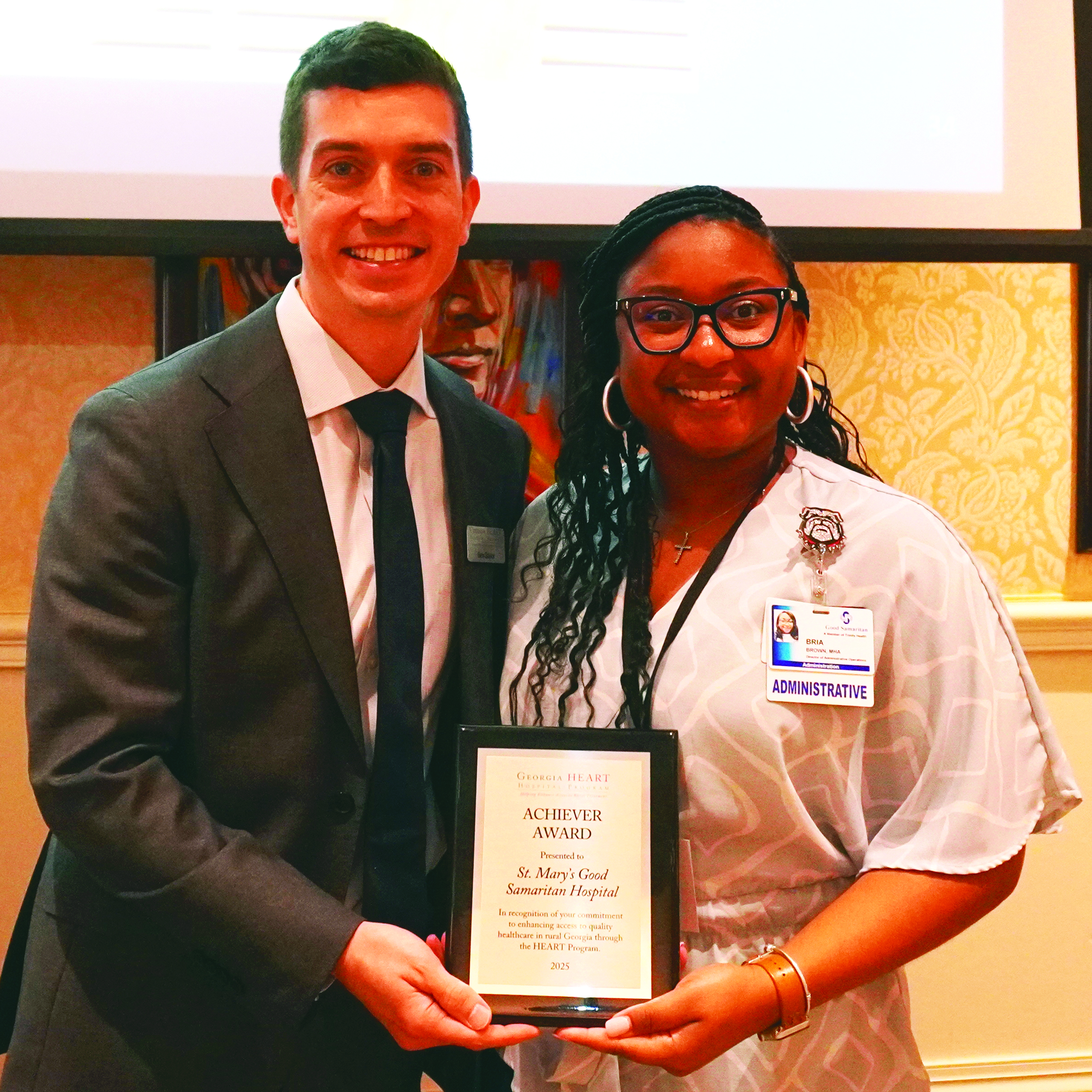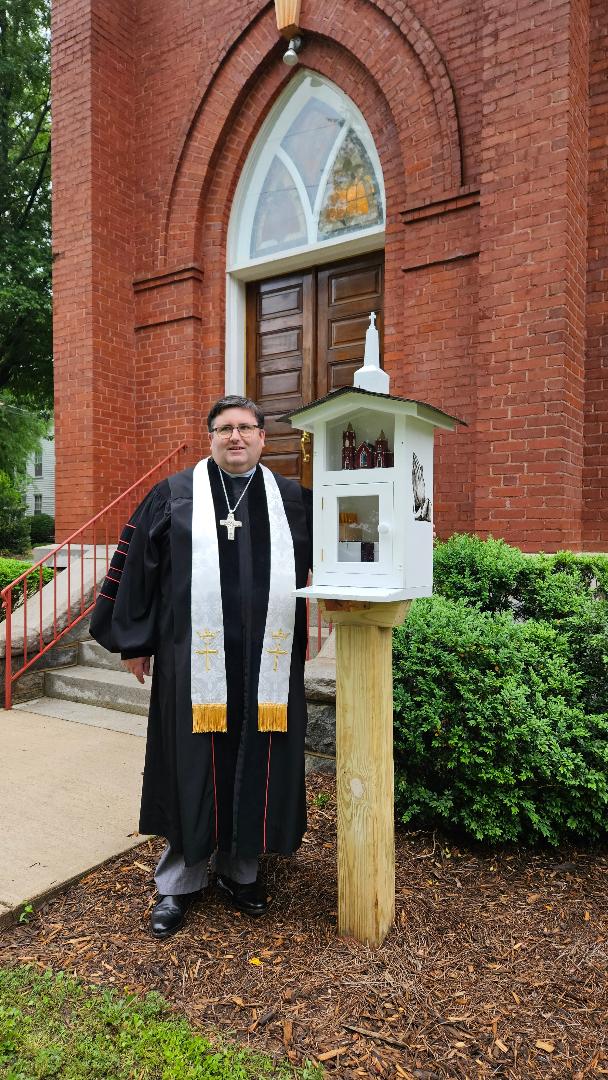Oklahoma’s public nuisance law focus of $572.1 opioid verdict appeal
Published 6:30 pm Tuesday, August 27, 2019
OKLAHOMA CITY — Johnson & Johnson’s appeal of the $572.1 million verdict for its role in Oklahoma’s opioid crisis will assert the trial judge wrongly applied the state’s public nuisance law.
Up until now, the law has been used to regulate property disputes, not to regulate commercial activity and prescription medications, said Sabrina Strong, attorney for the New Jersey-based pharmaceutical company.
Strong said District Judge Thad Balkman’s Monday decision that Johnson & Johnson created a public nuisance by launching a misleading marketing campaign violates well-established constitutional principles including due process.
“(Monday’s) decision reflects a radical departure from more than a century of case law in this state,” Strong said. “For over 100 years, public nuisance law has been limited to property disputes — where one misuses their property and causes harm to another.
“No Oklahoma court has ever done what this court has done today in applying public nuisance law to any commercial activity, let alone the highly regulated area of prescription medicines.”
Strong said the company plans to vigorously appeal the verdict to the Oklahoma Supreme Court and the U.S. Supreme Court, if necessary.
The Oklahoma Attorney General’s Office, which brought the lawsuit against Johnson & Johnson, said it is confident the judge’s ruling will hold up on appeal.
But some legal experts weren’t so sure.
Andy Coats, a professor of law and dean emeritus at the University of Oklahoma College of Law, said the state’s public nuisance law is broadly written, requiring only that someone commit a wrongful act that irritates, annoys or harms a significant number of people.
He said that was the basis for the state’s suit against Johnson & Johnson, but it is no certainty the appeals courts will find that language of the law pertains to Johnson & Johnson.
“I don’t think anybody has really tested this theory in front of an appellate court,” he said. “If it works, it’s a brilliant move.”
Coats said North Dakota, for example, has the same public nuisance language in its law and a judge there tossed a similar lawsuit against OxyContin-maker Purdue Pharma.
Oklahoma settled with Purdue Pharma and Teva Pharmaceuticals for more than $350 million ahead of the Johnson & Johnson trial.
Oklahoma’s civil lawsuit verdict before a single judge marked the conclusion of the nation’s first opioid trial against a drugmaker of addictive pain pills. More than 400,000 people have died of overdoses from painkillers, heroin and illegal fentanyl since 1999, according to the federal Center for Disease Control.
The drug industry still faces lawsuits from 40 other states in addition to hundreds that have been consolidated in a federal court from local governments and Native American tribes.
Nina A. Kohn, a professor of law at Syracuse University, said the Oklahoma ruling sets an important precedent that Johnson & Johnson’s behavior can constitute a public nuisance.
“I think there is a good chance (the ruling) will withstand appeal, but no one can be certain,” she said.
She said district judges’ factual findings typically are entitled to deference, and most appellate courts will uphold them unless a judge misinterpreted the law.
“I think the trial court reasonably read Oklahoma’s public nuisance statute as covering this type of misfeasance,” Kohn said.
Lisa A. Rickard, president of the U.S. Chamber of Commerce’s Institute for Legal Reform, disagreed.
She said in a statement the ruling “is based on questionable legal claims from an ill-conceived lawsuit. It hinged on the specious legal claim of public nuisance meant to address property disputes, not large-scale policy issues.”
Rickard said allowing lawyers to distort the scarcely-used public nuisance theory in hopes of getting a massive settlement isn’t the appropriate legal solution.
“Oklahoma’s appellate courts must correct this decision,” she said. “If not, almost any industry could be the target of large-scale litigation.”
Janelle Stecklein covers the Oklahoma Statehouse for CNHI. Reach her at jstecklein@cnhi.com. Norman, Okla., Transcript reporter Adam Troxtell contributed to this story.





